NUNO FRANCO, ISILDA RODRIGUES, GEORGE STILWELL, MANUEL MAGALHÃES-SANT’ANA
Ethics and Animals
We share the planet with other animals. In a context of finite resources and a threatened environment, their survival and that of humanity depends on the commitment we make to them. However, we are faced with disparate views on the ethical treatment of animals. This chapter reflects on the main philosophical movements in animal ethics and discusses some of the current ethically relevant challenges. We place particular emphasis on the domestication of animals and what relevance it might have in defining our moral obligations towards them. We argue that ethical principles should be considered and heeded when relating to non-human animals and, finally, we will explore animal euthanasia as a case study in the light of different ethical theories, establishing the relevant differences between the approach for companion animals and production animals.

